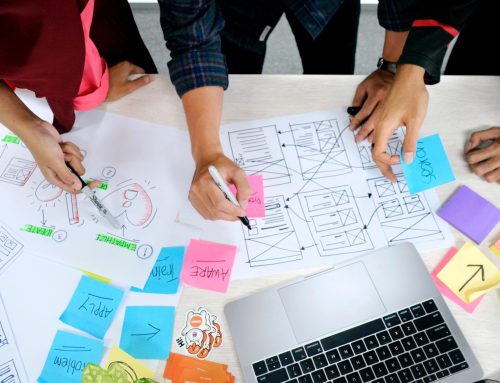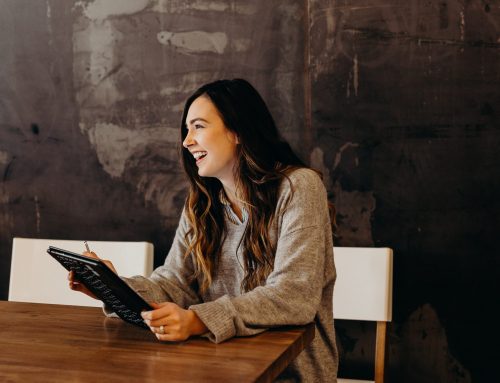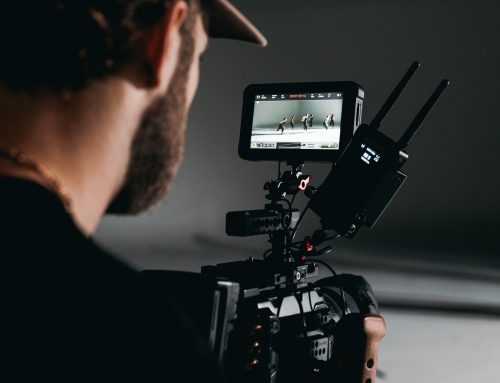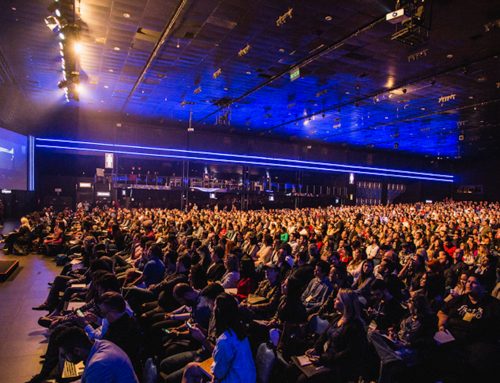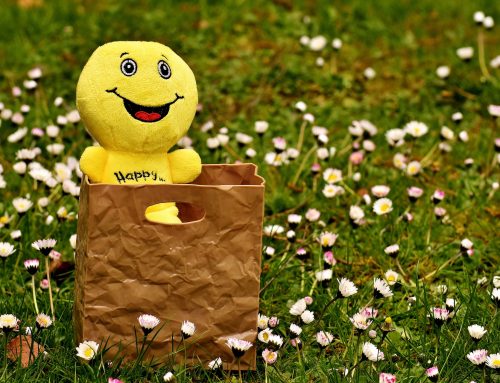We’re all familiar with the many do’s and don’ts of acing an interview but what if you are sitting on the other side of the table and conducting one? Or what if you were interviewing a well-known personality for a news article or for some other high profile campaign? Contrary to beliefs, an interviewer needs to be just as set for the interview as the person who is being interviewed. It takes more than a few sheets of ready questions on the part of the interviewer, to actually do justice to the entire interview process. Or else it is possible for the interviewer to end up with plenty of material that actually doesn’t make much sense or from which nothing further can be deduced. We take a look at the kind of ground work that an interviewer should ideally undertake before the actual interview takes place:
- Getting Prepared – Basic preparation begins with:
– Jotting down a few ideas about the topics to discuss.
– Doing some homework with regard to the personality you are going to interview.
– Reading up on the latest scoops, scandals or any other important news that you can use during the interview.
– Making a rough draft of the questions that you plan to ask. This also helps you anticipate the possible answers you may hear during the interview
Interviewing a well-known personality is no small feat especially because in this age when public relations and the right marketing mean everything, even the smallest offbeat question can trigger off unwanted publicity. It is also not unusual for personalities to insist on reading the questions before they are actually answered or even handing out tailored answers to the interviewer before the interview begins
- The Interview – Assuming that a timeframe has been decided for the interview, it makes every minute all the more valuable. Personalities meet many people every day but the key to getting a good interview is to ensure that they feel comfortable with you, even if it is for just a few minutes. Begin with a short introduction about yourself. Making small talk about general issues, talking about common interests or even asking if you can make them more comfortable helps them to open up better to an interviewer. Giving them a brief idea about the kind of questions you intend to ask before the real interview is certain to relax them as well.
While taking the interview, utmost focus should be placed on reading their facial expressions and listening to their answers carefully. Just by doing so, an interviewer will be able to figure out which topics can be pursued further and which are best ignored. It is also important to speak slowly and clearly besides giving the other person time to think and respond. The best way to end such high profile interviews is by thanking the other person for the time they spent with you and wishing them all the best!

